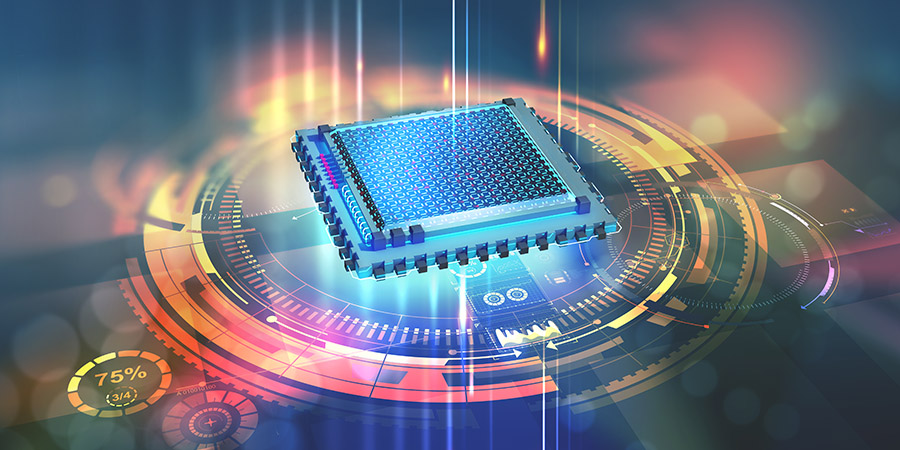The synergy between artificial intelligence (AI) and high-performance computing (HPC) systems is catalyzing a profound transformation across various industries, heralding an unprecedented era of innovation. AI and HPC have emerged as a powerful force, reshaping the landscape of technological advancements and business strategies. As businesses navigate this evolving intersection of cutting-edge technologies, the convergence of AI and HPC is not merely a collaboration but also plays a pivotal role in navigating uncharted territories of unprecedented possibilities.
Decision-making Driven by Data
This integration isn't just about speed; it's also about improved decision-making that's driven by data. HPC faces issues such as increased complexity and increased energy demands. However, the rise of quantum computing is projected to offer more efficient solutions, which will set the stage for smarter innovation.
Kiran Raj, Practice Head of Disruptive Tech at GlobalData, explained, “The fusion of HPC and AI is transforming data-heavy industries like genomics and astrophysics, shifting the focus from sheer speed to smarter, faster decision-making that accelerates innovation. With the rise of AI, traditional computing falls short, paving the way for cloud-based HPC to deliver the necessary scale and efficiency to meet increasing demands.”
Unleashing the Power of High-Performance Computing (HPC) Across Industries
Applications of HPC are helping fuel discoveries in various fields, including healthcare, finance, government and defense, and energy. The leading HPC systems, such as those found in the United States' Summit, Switzerland's Piz Daint, China's Tianhe-2A, and Japan's Tsubame 3.0, play an essential role in different sectors, including climate research and defense simulations.
GlobalData's Disruptor Intelligence Center's Innovation Explorer database has identified notable high-performance computing (HPC) advancements this year. Among them are Huawei's AI-driven solution for the oil and gas industry, Mitsui & Co. and NVIDIA's supercomputer dedicated to drug research, and IBM's Vela, recognized for its broad applications in artificial intelligence.
“While costs and infrastructure requirements limit its wider enterprise adoption, the potential of quantum computing is noteworthy, offering prospects for more efficient computing solutions. It is important to recognize the current phase of quantum technology as one of rapid development, with its enterprise readiness and ability to exceed HPC limitations being closely watched by the industry,” said Raj.
As industries navigate this era of rapid development, the convergence of HPC with emerging technologies like quantum computing holds immense potential, promising more efficient computing solutions and pushing the boundaries of what is achievable. The industry is closely monitoring these advancements, recognizing the transformative impact they bring to the forefront of technological evolution.





